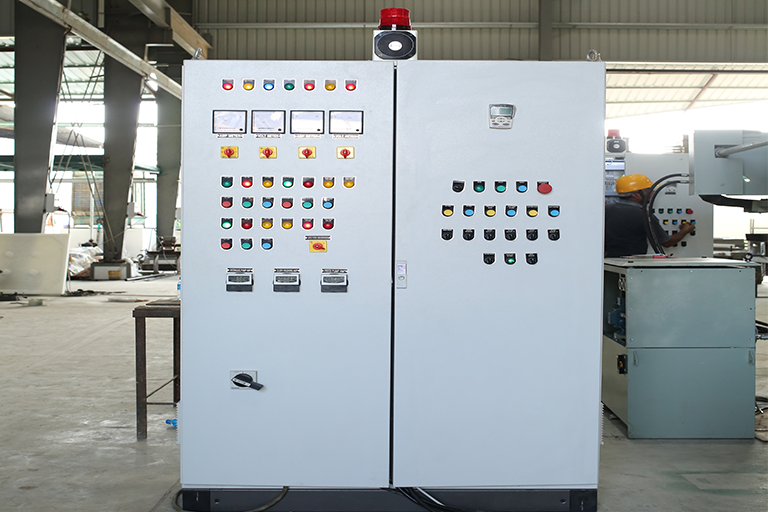
Effluent Treatment Plants (ETPs) offer several benefits, particularly in industries where wastewater discharge is a concern. Here are some of the key benefits:
Environmental Compliance: ETPs help industries comply with environmental regulations by treating wastewater before it's discharged into water bodies or the environment. This reduces the risk of pollution and helps companies avoid fines and penalties for non-compliance.
Pollution Prevention: By treating wastewater and removing harmful pollutants, ETPs help prevent pollution of water bodies, soil, and air, which can have detrimental effects on ecosystems and human health.
Resource Conservation: ETPs can include processes for recycling and reusing water and recovering valuable resources from wastewater, such as nutrients, energy, and raw materials. This helps conserve water resources and reduces the need for fresh water intake.
Cost Savings: While the initial investment in an ETP may be significant, it can result in long-term cost savings by reducing water consumption, wastewater discharge fees, and potential liability costs associated with pollution incidents.
Improved Public Image: Implementing an ETP demonstrates a company's commitment to environmental stewardship and sustainability, which can enhance its reputation and attractiveness to customers, investors, and the community.
Risk Mitigation: ETPs help mitigate the risk of environmental contamination and associated legal, financial, and reputational risks. By effectively managing wastewater treatment, companies can avoid potential liabilities and safeguard their operations.
Regulatory Compliance: Compliance with environmental regulations is essential for maintaining a license to operate. ETPs ensure that industries meet discharge limits and standards set by regulatory authorities, minimizing the risk of legal consequences and regulatory enforcement actions.
Public Health Protection: By removing harmful contaminants from wastewater, ETPs help protect public health by preventing the spread of waterborne diseases and minimizing exposure to toxic substances.
Long-Term Sustainability: Investing in ETPs promotes long-term sustainability by conserving natural resources, reducing pollution, and minimizing the environmental impact of industrial activities. This contributes to the overall health and resilience of ecosystems and communities.
Overall, Effluent Treatment Plants play a crucial role in promoting sustainable development, protecting the environment, and ensuring the responsible management of industrial wastewater.
